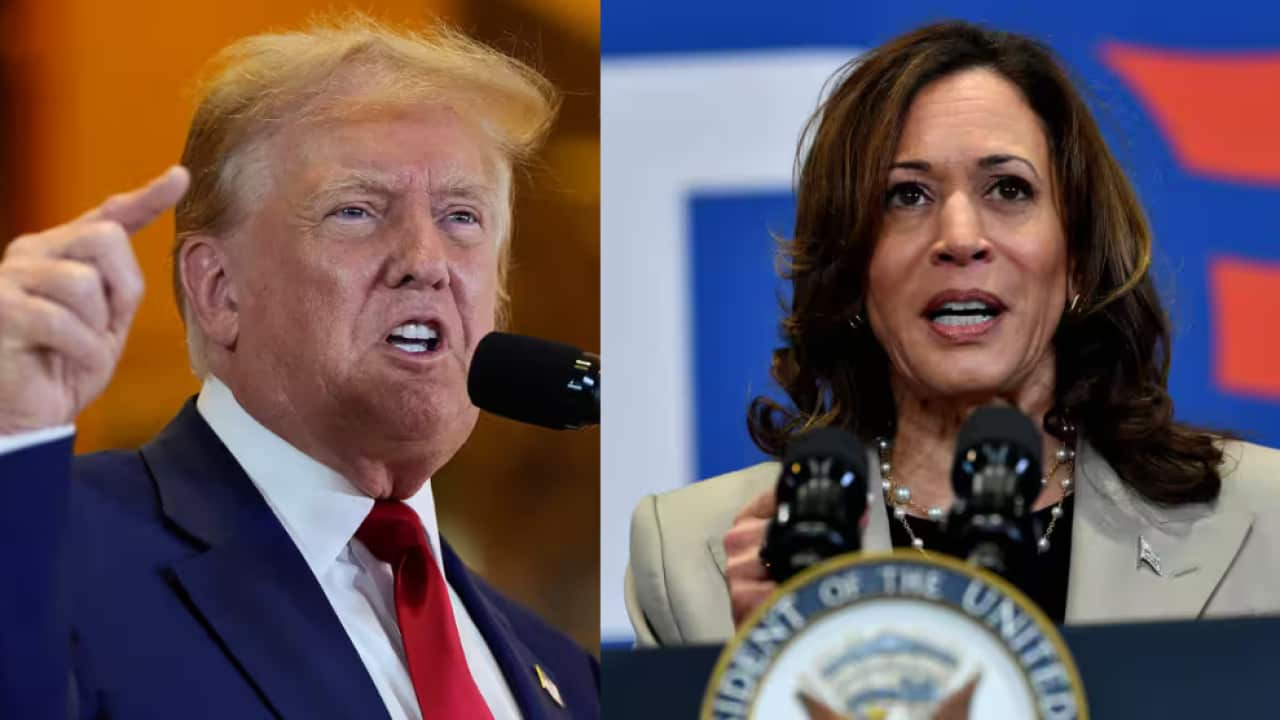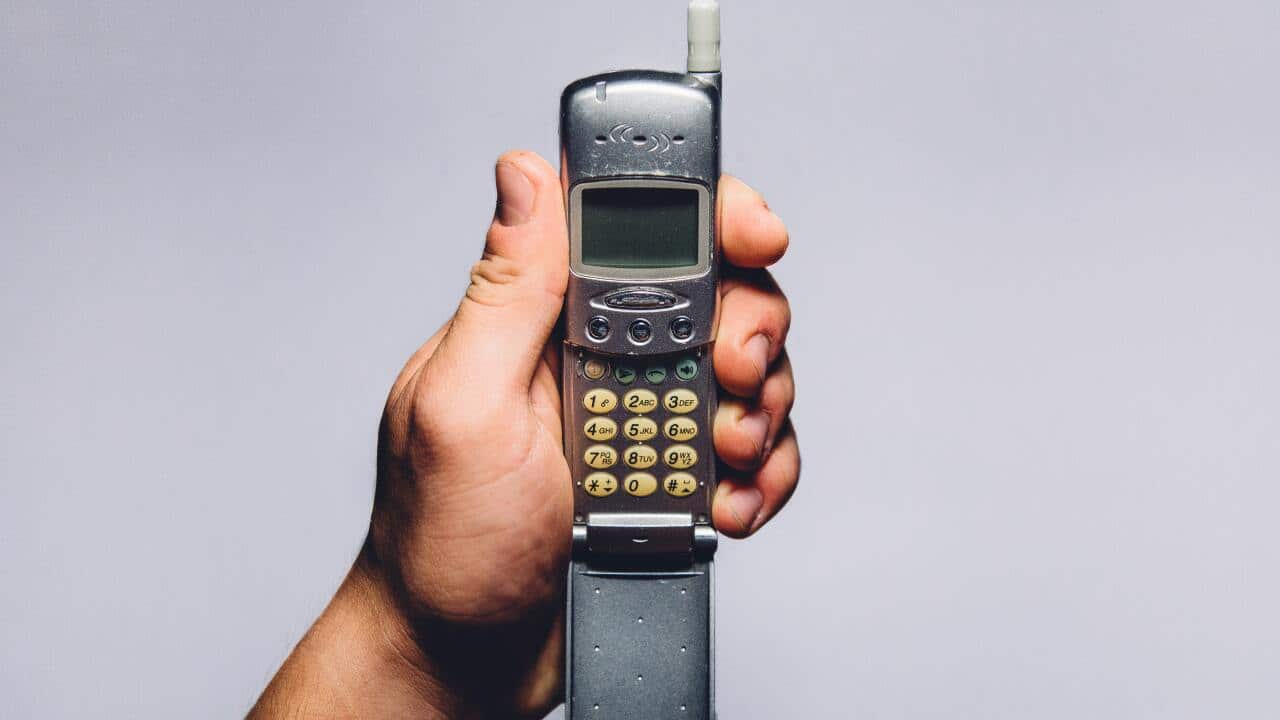It was the opening of a photographic exhibition in Ankara, and Russia's ambassador to Turkey is filmed standing at a podium, addressing the media.
Standing calmly behind him is a man smartly dressed in a black suit and tie, posing as a security guard but about to carry out a deadly assault.
"Allahu akbar," or "God is great," the man cries out.
He then yells in Turkish, "Don't forget Aleppo. Don't forget Syria."
The Russian envoy, Andrey Karlov, lies on the floor of the gallery, shot in the back.
The shooting eventually continued, and three other people were injured before special forces shot the gunman dead.
The ambassador was rushed to hospital but succumbed to his injuries a short time later.
Turkish officials say the gunman was Mevlut Mert Aydintas, an off-duty Turkish police officer.
Turkish president Recep Tayyip Erdogan phoned Russian president Vladimir Putin after the attack, then addressed the media. He said, "I describe this attack on Russia's ambassador as an attack on Turkey, an attack on Turkey's state and nation. After the incident, I talked to Mr Putin. We agreed this is a provocation and there isn't any dispute."
Relations between Russia and Turkey have long been fraught over the Syrian war.
The two countries support opposing sides, with Turkey backing the rebels and Russia supporting Syrian president Bashar al-Assad.
President Putin says the assassination was an attempt to provoke Russia and disrupt its efforts to solve the Syrian crisis. He said "The committed crime is obviously a provocation designed to spoil normalisation of Russia-Turkey relations and derail the peace process in Syria which is actively promoted by Russia, Turkey, Iran and other countries."
The United Nations has also condemned the chilling act of political violence.
Secretary-General Ban Ki-moon offered his deepest condolences to the Russian delegation, labelling the attack a senseless act of terror.
United States State Department spokesman John Kirby offered similar sentiments.
US president-elect Donald Trump issued a statement saying the shooting was done by what he called a "radical Islamic terrorist" and violated "all rules of civilised order."
The Russian, Turkish and Iranian foreign ministers are due to meet in Moscow tomorrow (wed) to discuss the crisis in Syria.
A senior researcher at the New York-based Council on Foreign Relations, Steven Cook, has told the BBC the assassination could push the parties to more urgently find a resolution.
He said , the meeting obviously will continue, but that all three governments are going to redouble their efforts to try to seek some sort of solution that advances all of their interests. And that means, for, obviously, the Russians and Iranians, the continued effort to wrap up and roll up what they consider to be terrorist networks, but (what) the Turks previously had considered to be legitimate opposition. Whereas, the Turks are looking for Iranian and Russian cooperation and trying to provide safe haven for Syrians in trouble.




